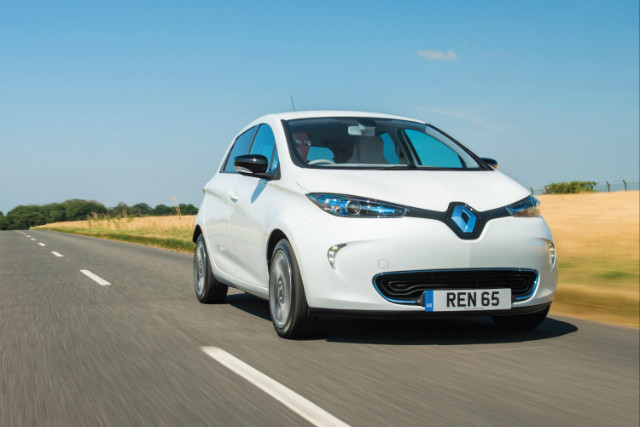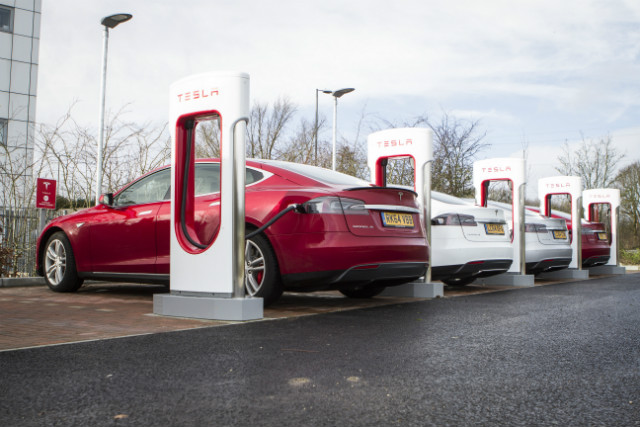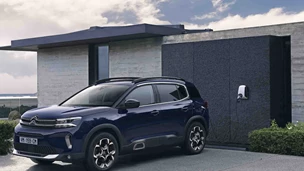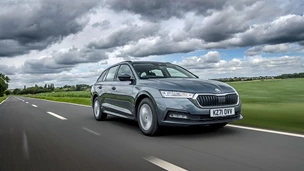Developments in recent years have helped rid some of the stigma attached to electrics and many including numerous manufacturers and the Government are now showing their support. But are they right for you?
A good way to determine if you’re the sort of driver who should buy an electric car is to examine the incentives of getting one in the first place.
Environment and running costs
One of the main attractions of electric cars, particularly for principled governments and individuals concerned about the environment, is their eco-friendly attributes.
CO2 emissions contribute to global warming, and with purely electric cars there is no exhaust pipe spewing out the hazardous pollutants.
Electric vehicles are not completely absolved of environmental blame; a large amount of electricity is, after all, produced using coal. However, as coal-fired power stations are being phased out, the impact is lessening. Moreover, the quality of inner city air can only improve with less pollutants coming from tail pipes.
The other major pull factor for electric cars is cost. Although the initial price tag may be higher than competing models, running costs are practically non-existent.
Government incentives, including exemption from the London Congestion Charge and Vehicle Excise Duty, as well as an enticing Plug-in Car Grant giving you up to a £4,500 contribution to the price tag of a low emissions (less than 75g/km) car, reduce monthly bills and initial outlay.

The most significant statistic, however, may be this: pure electric cars cost as little as 2p per mile to run. Few would argue that the freedom from pump prices is a massive bonus to the EV driver.
Such financial benefits can chime with businesses bosses. Cheaper running costs will cut firms’ regular outgoing as investing in a commercial fleet of EVs is investing in future generations and a company’s social responsibility.
Furthermore, a company can offset 100 per cent of an ‘Ultra Low Emission Vehicle’s value as a capital allowance. When compared to the 8-18 per cent they could offset with a conventional car, the numbers simply speak for themselves.
With manufacturers releasing vehicles to suit all needs, organisations would be short-sighted in not considering going electric.
Range and charging
A criticism of electric cars in the past has been their range capacity. With the distance the car is capable of reaching being limited by the size of its battery, many would-be EV drivers suffer from ‘range anxiety’.
However, this is becoming less of an issue with advancements in technology such as Range-Extenders and the increase of charge points. Therefore, there is now less danger of not reaching your destination while driving an electric car.
Although electric cars may be ideally suited to city driving, those long journeys are no longer out of the question. The Government is adding more and more rapid charge points across the UK, with the majority at motorway service stations, plus some models are capable of offering a range of up to 186 miles.

In addition, Tesla has established and is continuing to develop its UK supercharger network. It now covers almost every major UK city such as London, Birmingham, Liverpool and Edinburgh, and more locations will be added in the future. Don’t worry if you don’t plan on driving a Model S, though, as Tesla has stated that its new ‘electric highway’ will also be open to other electric vehicles.
So who is buying electric cars today? Statistics show that those living in the South East, West Midlands and the South West are currently leading the way in EV ownership. However, this may change as manufacturers and the Government continue to push EVs.
For more advice on electric cars, read our five reasons on why buying an electric car is a great idea and check out our guide to the top five best electric cars.




